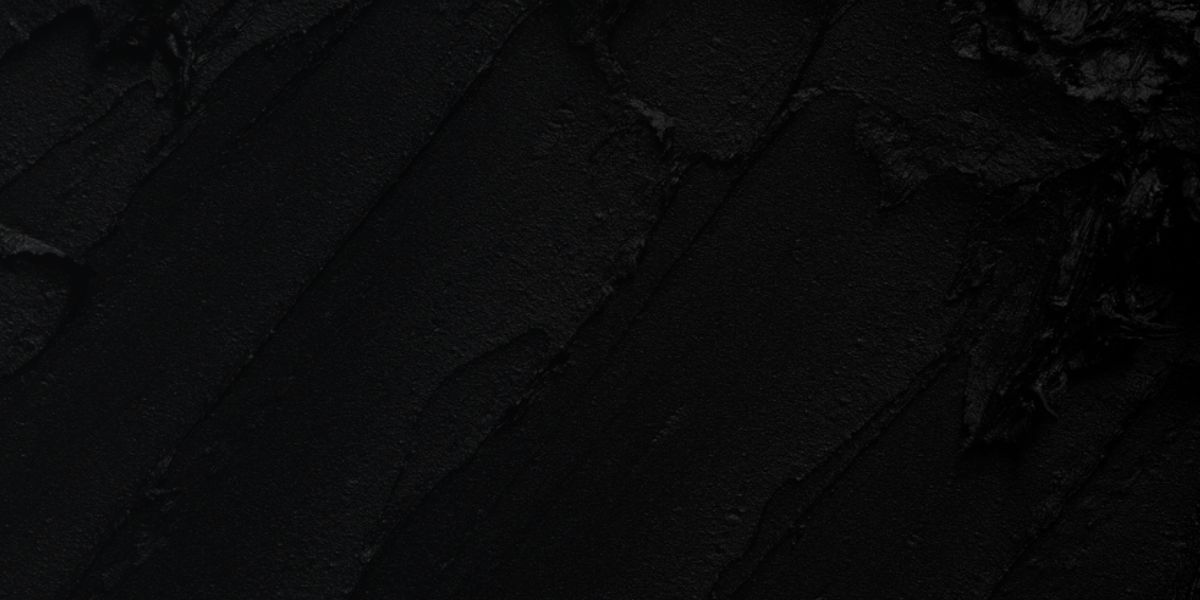As a makeup artist, you will be required to hide breakouts. But you will also be looked to as a skin expert. It is one thing to be able to hide them, but if you can give your clients the information they need to prevent them you can become more than a makeup artist. You can become an invaluable resource.
There comes a moment in almost every person’s life when they wake up to find that acne has taken up residence on their face. It is a dreaded condition that almost all people have experienced to some degree at some point in their lives. One of the greatest misconceptions about this self-esteem-destroying disorder is that it only affects adolescents and teenagers. Unfortunately, the increasing number of twenty-somethings who suffer from breakouts, oily skin, and other such skin conditions debunk that myth.
Acne has many causes but the most common are genetics, stress, and personal care products. The predisposition and behavior of our skin happens on a molecular level and, truth be told, it is something we have little to no control over. But that doesn’t mean we can’t take preventative countermeasures to ensure those breakouts never see the light of day.
The most common genetic disorder that causes acne is called retention hyperkeratosis. It is a terribly ugly phrase that simply means you are producing more skin cells than you can shed. When these excess cells combine with the sebum you naturally produce, a pore-blocking cement is formed. This cement settles into the pores depriving the follicles of oxygen and creating the ultimate breeding ground for bacteria. As the bacteria thrive, they invite along a few of their best pals—swelling, redness, and inflammation.
When left untreated, this perfect storm is an express pass to a face covered with pimples. Exfoliation is the only true way to outsmart retention hyperkeratosis. It’s plain logic—if you regularly slough off the excess skin there will be nothing left to mix with the sebum and plug the pores. A second major genetic factor is an overactive pilosebaceous unit. In simpler terms, this means that the oil glands within the follicles are producing sebum at an above-average rate. Most people think that harsh cleaning or over-exfoliating will solve this, but it actually does the complete opposite. Skin that has been stripped will want to protect itself and the only way it can do this is by producing excess oil.
It’s a total catch-22, and over-cleansing is definitely not an option.
The key to calming oil production comes down to the ingredients in your products. Key players to look for are zinc salt and willow bark. These two powerhouses will help to regulate sebum production giving you the glowy, non-oily skin you have longed for.
Stay tuned! I’ll be going over more causes of acne, and how to overcome them.
